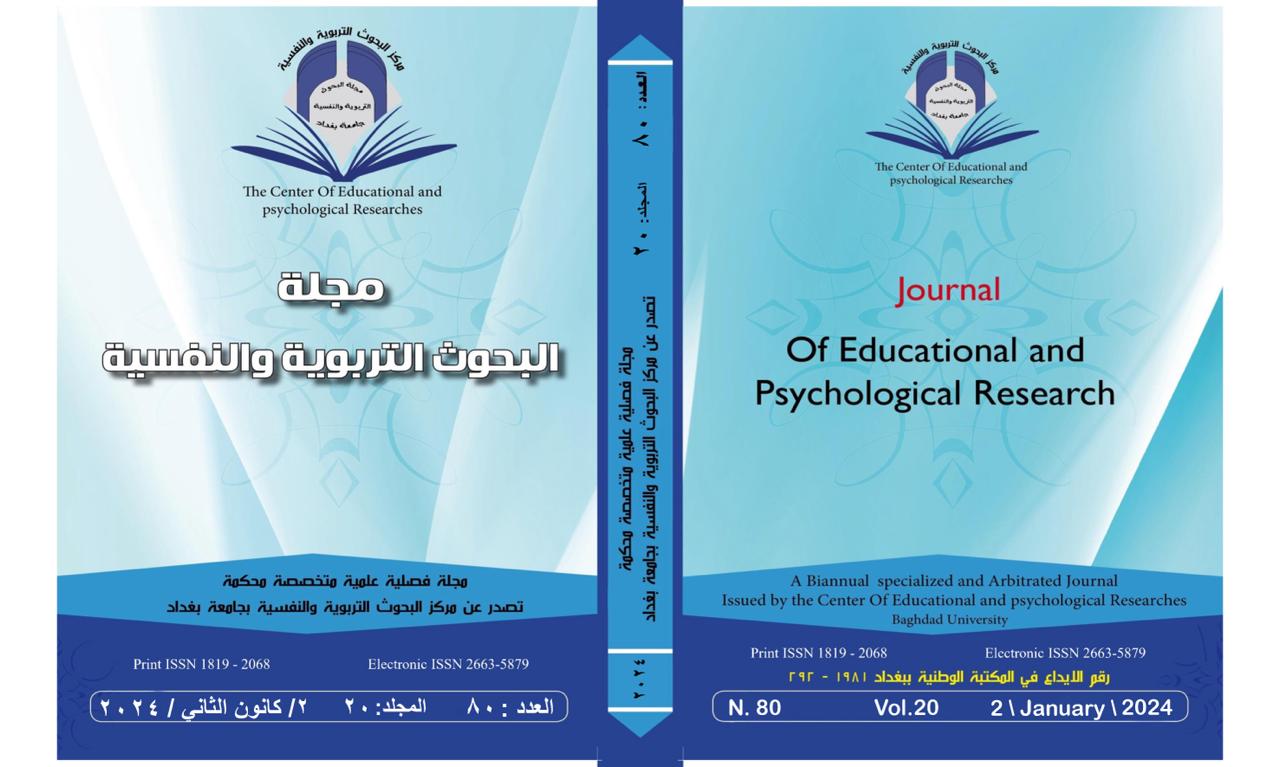The Effects of Occipital Transcranial Direct Current Stimulation on a Visual Reaction Time
Keywords:
: TDCS, cognitive processes, reaction time, orientation discrimination taskAbstract
The discrepancy in the effectiveness of transcranial direct current stimulation (TDCS) on cognitive processes raises the need for further investigations. The current study investigated occipital TDCS effects on reaction time (RT) of the visual orientation discrimination task (ODT) using secondary data analysis from a previous study investigating occipital TDCS effects on visual ODT thresholds. The ODT comprised vertical and oblique conditions. Participants were randomly assigned to one of three experimental conditions (Anodal-TDCS, Cathodal-TDCS, and Sham-TDCS) between two ODT runs (first run: pre-experimental condition, and second run: post-experimental condition) for 10 minutes with an intensity of 2 mA. A mixed-model ANOVA analysis of data from 78 participants showed that RT was shorter for the oblique condition than the vertical condition, reflecting an “inverse oblique effect." Also, the analysis showed that RT was shorter for the second ODT run than the first run, irrespective of the experimental condition. Additionally, the result showed no observable effects of TDCS on the visual RT. Explanations for the absent effects of occipital-TDCS on the current study are discussed.


